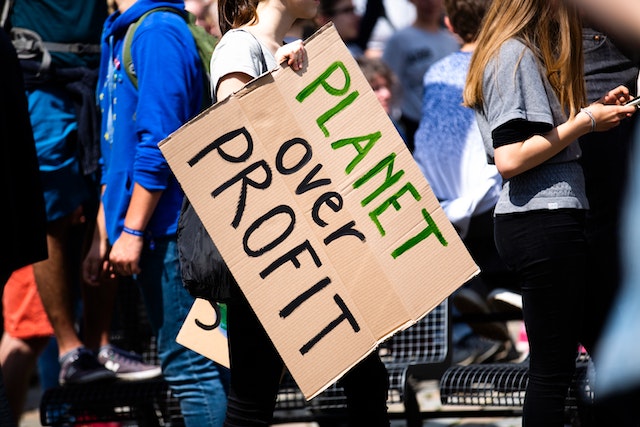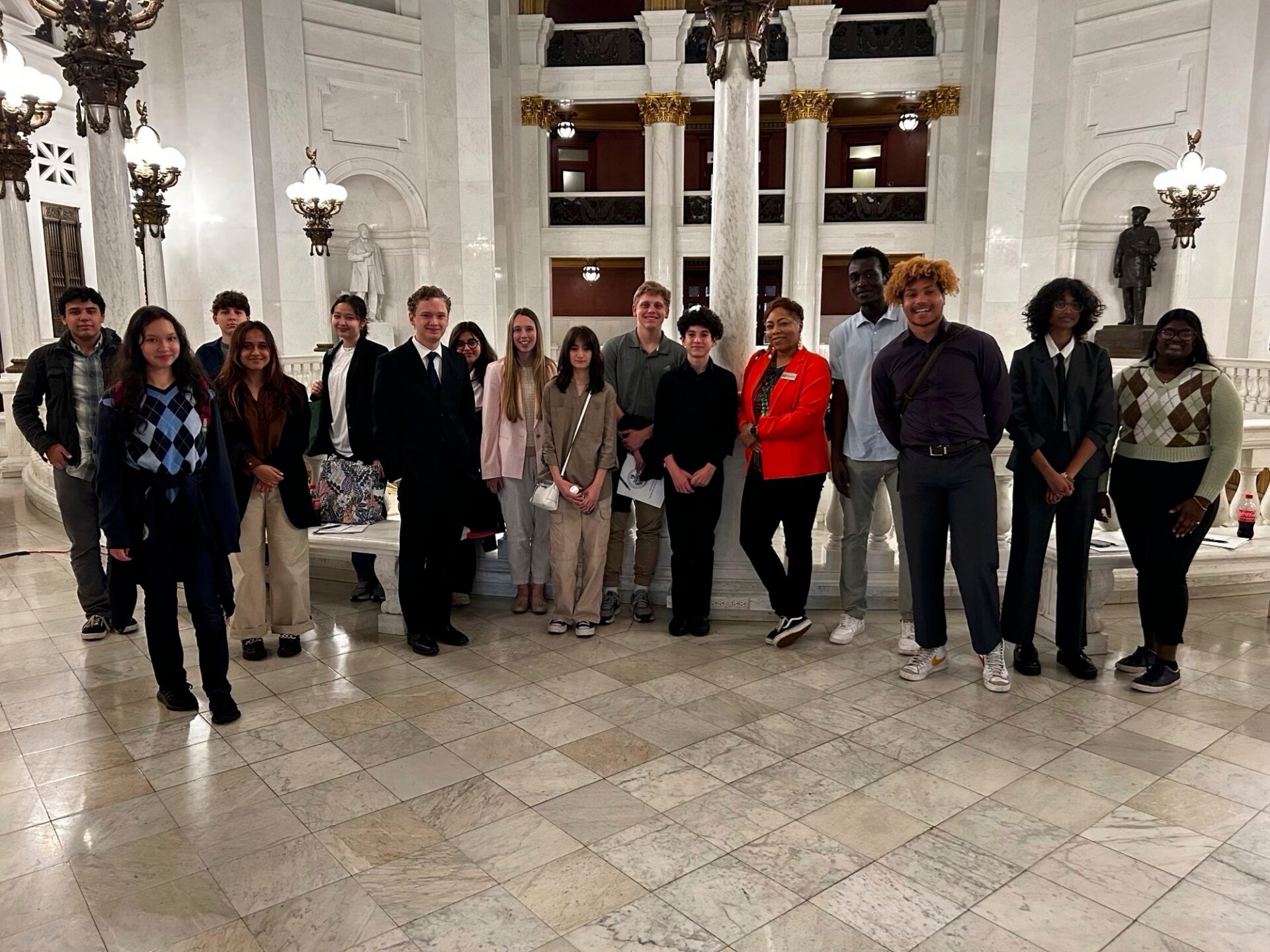We need to rethink our lifestyles of wasteful consumption to leave something for future generations
By: Mohamed Abdou – 2023 Summer Intern
It is the last Saturday of March, around 8:30 p.m., and all around the world millions of people turn off all non-essential lights. This event is known as Earth Hour and was started to promote awareness and sustainability across the globe.
This symbol of commitment to the planet lasts a single hour, but it represents much for environment conservatives and for us human in general. It is a significant opportunity to express gratitude and fairness to our living space from home. It’s also an opportunity to rethink our wasteful lifestyles.
It is a mistake that so many people have just started thinking about the environment and taking actions to protect it. From the early factories to the emission free ones nowadays, the Earth has always been threatened due to our overuse of it’s gold, gas, and wood. Our disregard for taking care of the Earth and safeguarding its resources will hurt future generations.
Here’s why:
First, many of the available resources are limited and non-renewable. But we keep extracting resources from the Earth without thought to tomorrow. According to Jeff Desjardins from Visual Capitalists, a growing online publisher, most of the metal mining sites will run out before 2100. This analysis is alarming for the future generations.
In addition, the environment is not able regenerates as quickly as we humans are damaging it. In the green areas, forests are burning quicker than new trees are growing. And in areas suffering from drought, overexploitation of arable land is making the soil sterile.
Stephen Leahy from National Geographic reported in his article published on March 2018 that 75 percent of earth’s land areas are degraded due to mainly human activities, threatening the well-being of 3.2 billion people. The estimate would be 95 percent by 2050 if the trend continues.
The consequences will be more pollution, climate change, global hanger, poverty, wild species extinction, etc. We are creating a more chaotic and dangerous world.
It’s obvious that we need to make our way out, and the sooner, the better. A big problem is overconsumption, or taking more than we need from the Earth.
Overconsumption occurs generally in most developed cities where the life standards are high. Think about all the items we buy that we never or rarely use. Think about the food we waste, the water we let run and the products we buy that we don’t need. Few will argue that many people in the developed world waste too many of the Earth’s resources.
Our overconsumption is destroying the Earth, whether we realize it or not.
Acting with sustainability in mind is an alternative to over consumption and unchecked consumerism. We can create a safe and healthy environment for ourselves and for the Earth and still live well. We can meet our basic needs without endangering the ability of future generations to meet theirs.
A change of attitude toward consumption means we commit to not taking more than we need from the Earth and making efforts to replenish what we take away.
Aurelie Moy from TEDx said that all we need to be happy is the capacity of our suitcase when traveling. We need to rethink our lifestyles and get back to basics. The Earth’s future and that of coming generations depend on our willingness to reduce consumption, reuse whatever we can and recycle whenever possible.
Future generations will thank you.
Mohamed Abdou wrote this opinion piece while interning for the World Affairs Council of Harrisburg and PA Media Group. It was published here.





